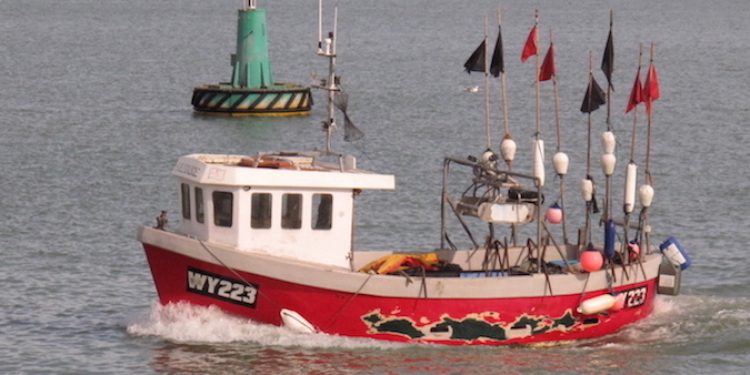IFCAs, the bodies responsible for administering inshore fisheries in England are increasingly risking becoming hamstrung, warns the National Federation of Fishermen’s Associations. According to the findings of a meeting of the NFFO West Coast Committee meeting held in Carnforth, the IFCAs increasingly lack of fishing industry representatives on their committees and the appointments process is in need of overhaul in order to be more conducive to fostering positive industry engagement in the management of local fisheries.
IFCAs were established in 2010 under the Marine and Coast Access Act, replacing the old Sea Fisheries Committees and providing these new bodies with greater responsibilities over marine conservation, as well as fisheries. This change also saw the relative dilution of representation from the commercial fishing industry on Committees as they accommodated greater numbers of representatives from other sectors, as well as conservation interests.
As well as this inherent shift in emphasis, the NFFO West Coast Committee observed that the appointments process to the committees of IFCAs is constraining the successful recruitment of industry representatives for a variety of reasons that include an application process that is centralised with decisions on appointments taken well away from the regions in which the IFCAs operate and with an electronic process which discriminates against those without access to a computer or who have limited IT skills.
The NFFO West Coast Committee points out that application questions are tailored more to those who can provide articulate answers to abstract questions rather than those who have the greatest knowledge and experience of fisheries in their districts and there appears to be little constructive feedback for unsuccessful applicants, which discourages future applications.
‘The process overall gives the impression that the local knowledge and experience of the fishing community is not welcome and therefore seats intended for commercial fishing interests are being left vacant,’ the NFFO West Coast Committee reported. ‘In the absence of industry representation, as well as the absence of critical practical knowledge to underpin the decisions of IFCAs, decisions are at risk of lacking balance and having insufficient quorum.’
‘The whole raison d’être of IFCAs is based on drawing on local knowledge and experience in order to manage local fisheries, and fishermen’s knowledge is crucial to effective fisheries management decision-making,’ commented Ron Graham, chairman of the NFFO West Coast Committee.
‘It’s also necessary if there is to be a positive relationship between those who are subject to the rules and those making those rules. If we don’t have appropriate industry representation on the Committees the relationship between industry and authorities is at risk of becoming seriously frayed, if not broken.’
‘In the case of the NWIFCA, up to four seats for commercial fishermen have at times been vacant despite the fact that local fishermen had applied to be on the Committee,’ he added.









